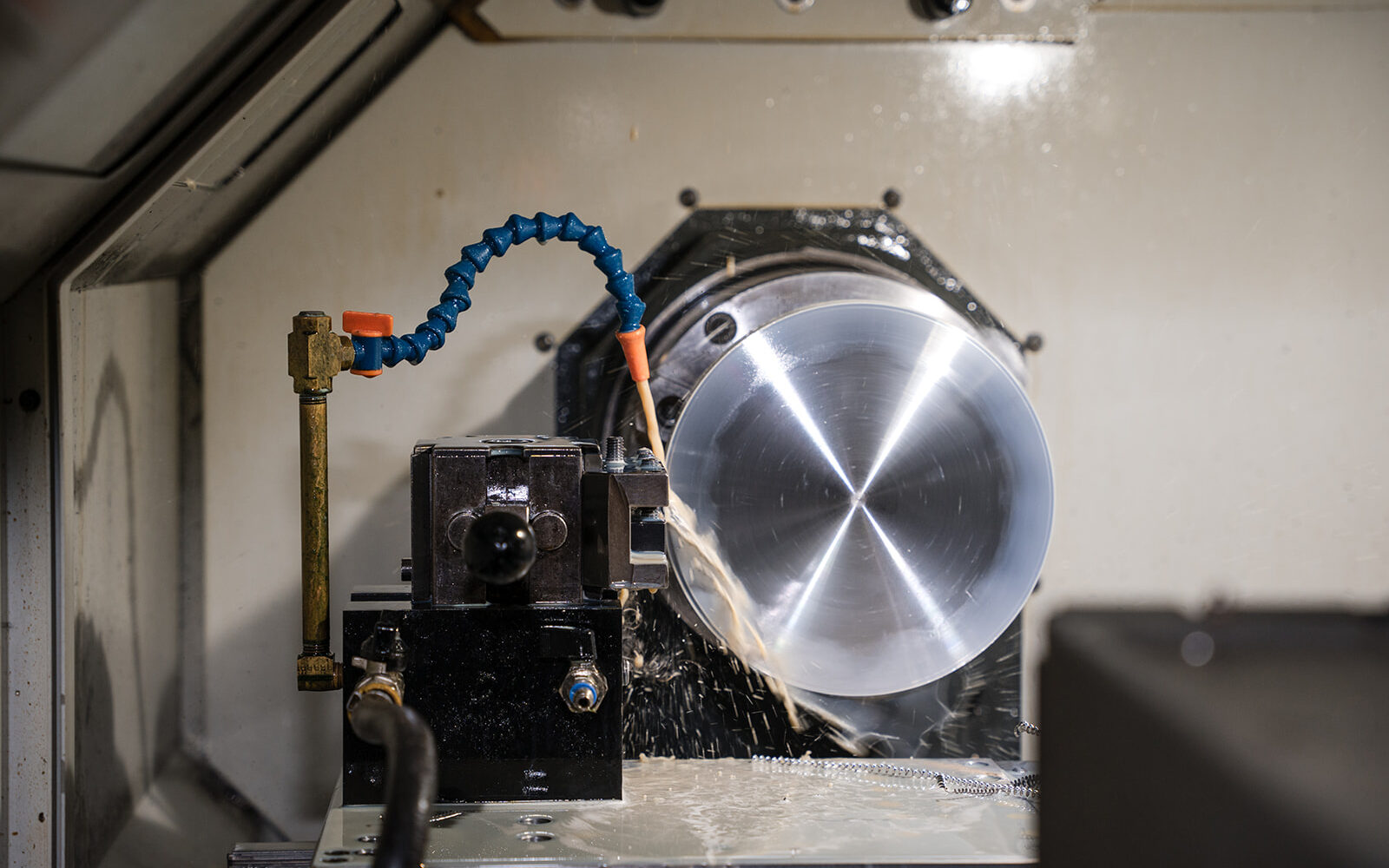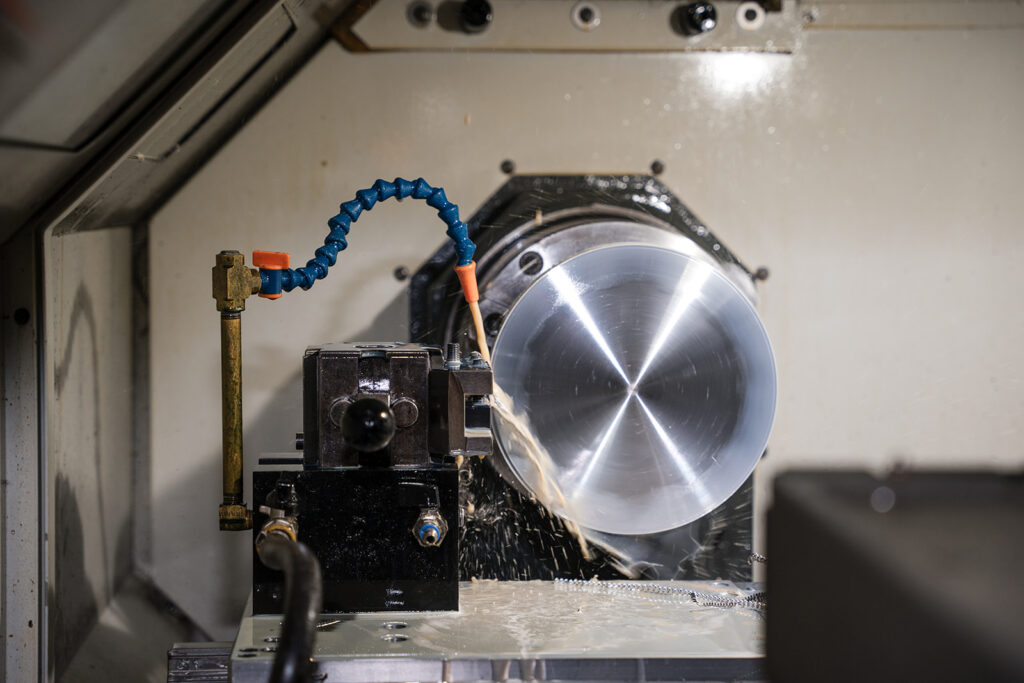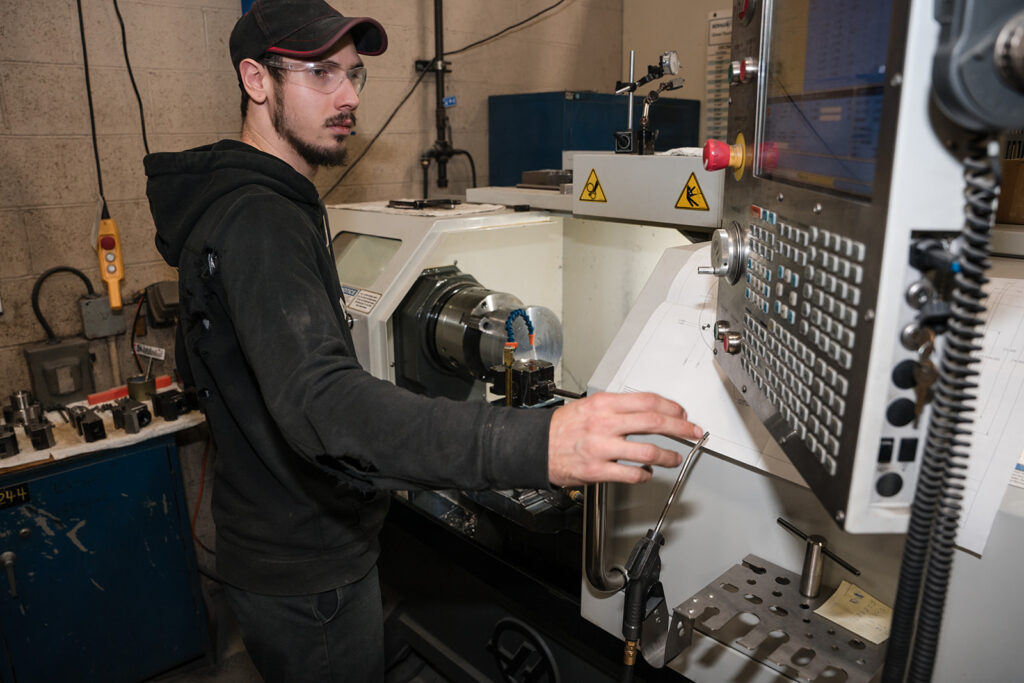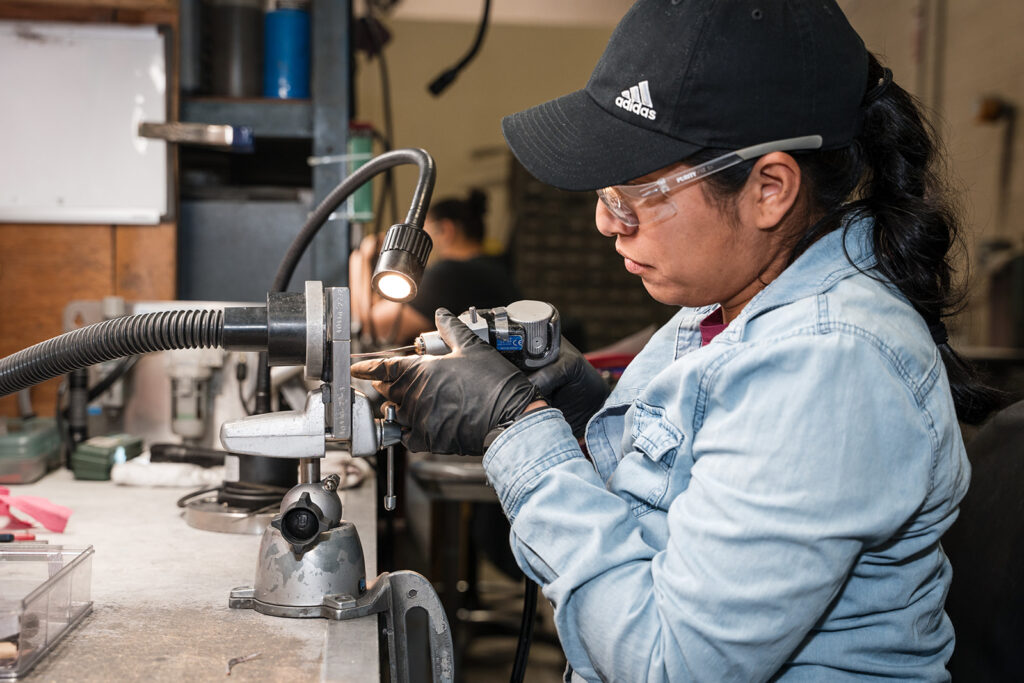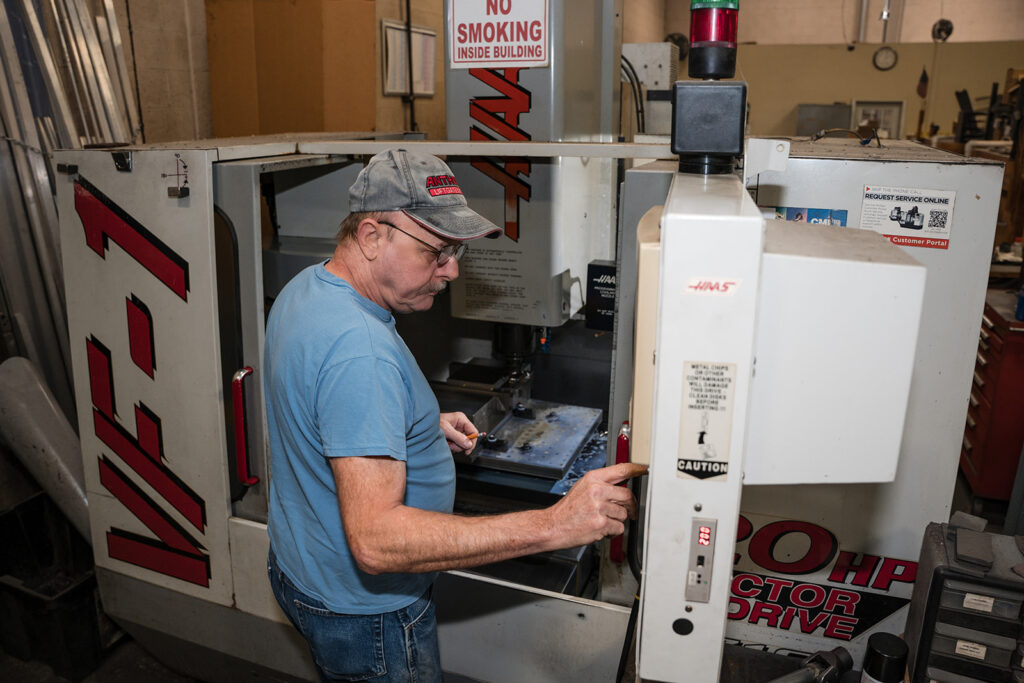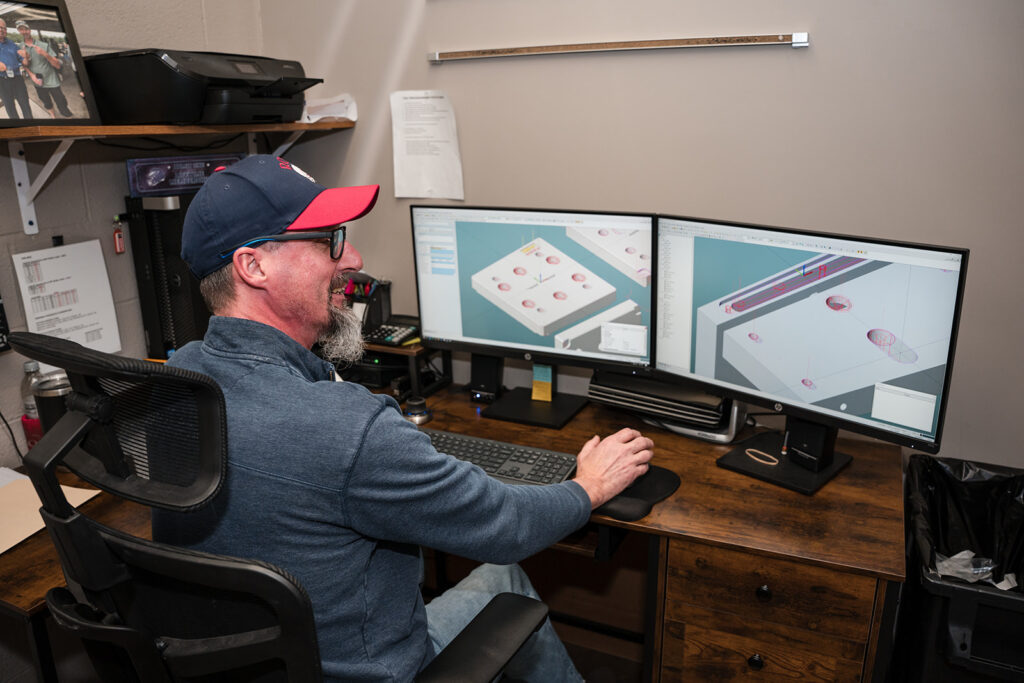CNC Machining Materials: Choosing the Right One for Your Project
CNC (Computer Numerical Control) machining is a cornerstone in modern manufacturing, providing the precision, flexibility, and efficiency needed to produce complex parts. At the heart of this process is the selection of the appropriate material, which can significantly impact the performance, appearance, and cost-effectiveness of the final product. Adept Corporation has years of experience in navigating these choices to meet and exceed project requirements.
Understanding CNC Machining Materials
Materials used in CNC machining vary widely in properties, costs, and applications. The right choice depends on factors such as mechanical requirements, environmental conditions, and budget constraints. Here’s an overview of common materials used in CNC machining:
- Metals: Including aluminum, steel, stainless steel, brass, and titanium, metals are known for their durability, strength, and resistance to heat and wear. Each metal has unique properties making it suitable for specific applications.
- Plastics: Such as ABS, polycarbonate, PEEK, and nylon, plastics are chosen for their light weight, corrosion resistance, and versatility. They are often used for less intensive applications or when cost is a critical factor.
- Composites: Materials like carbon fiber are used for their exceptional strength-to-weight ratios and durability. They are ideal for aerospace, automotive, and sporting goods.
Factors to Consider When Choosing Materials
Choosing the right material for CNC machining involves several key considerations:
- Mechanical Properties: Strength, hardness, thermal stability, and impact resistance are crucial for components subjected to mechanical stresses or high temperatures.
- Manufacturability: Some materials are easier to machine than others, affecting the speed, cost, and quality of production.
- Cost: Material cost can significantly impact the overall project budget. Balancing performance with cost efficiency is essential.
- Surface Finish and Aesthetics: Depending on the application, the appearance of the final part may be a significant consideration.
- Environmental Resistance: Factors like corrosion, UV exposure, and chemical resistance are critical for parts used in harsh environments.
Adept Corporation’s Approach to Material Selection
At Adept Corporation, material selection is a collaborative process involving engineers, machinists, and clients. We consider the following best practices to ensure optimal outcomes:
- Comprehensive Analysis: We begin with a thorough analysis of the part’s requirements, considering all the factors mentioned above. This helps narrow down the material options to those best suited for the project’s needs.
- Expertise and Experience: Leveraging our extensive experience, we provide recommendations based on similar projects and industry standards. Our team is knowledgeable about the latest materials and machining techniques, offering clients innovative solutions.
- Prototyping and Testing: Before full-scale production, we often produce prototypes to test the material’s performance. This step can identify potential issues and save time and resources in the long run.
- Cost-Benefit Analysis: We conduct a detailed cost-benefit analysis, considering both the material costs and the machining requirements. This ensures that our clients receive the best value without compromising on quality.
- Sustainability Considerations: In line with modern sustainability practices, Adept Corporation also evaluates materials based on their environmental impact. Whenever possible, we opt for recycled materials or those with lower environmental footprints.
Challenges in Material Selection
Material selection is not without its challenges. Availability, lead times, and evolving material technologies can all impact the decision-making process. At Adept Corporation, we stay ahead of these challenges by maintaining strong relationships with suppliers, staying abreast of material innovations, and keeping a flexible approach to material sourcing and project planning.
Common Materials and Their Applications
To provide further insight, here are some common materials used in CNC machining, along with their typical applications:
- Aluminum: Widely used due to its excellent machinability, strength-to-weight ratio, and corrosion resistance. Ideal for automotive, aerospace, and consumer electronics.
- Stainless Steel: Chosen for its strength and corrosion resistance, making it suitable for medical devices, food processing equipment, and marine applications.
- Brass: Known for its low friction and aesthetic appeal, brass is often used in consumer goods, electrical components, and decorative items.
- Titanium: Offers exceptional strength, lightweight, and resistance to corrosion and temperature. It’s preferred in aerospace, medical, and high-performance automotive applications.
- ABS Plastic: A common choice for its good mechanical properties, ease of machining, and affordability. Used in automotive parts, consumer goods, and prototypes.
Conclusion: Material Mastery for Superior CNC Machining
In CNC machining, material selection is as much an art as it is a science. It requires a deep understanding of both the materials and the machining process. At Adept Corporation, we approach this challenge with expertise, experience, and a commitment to quality. By choosing the right material, we ensure that every CNC machined part meets the highest standards of performance and durability.
As technology and materials science continue to evolve, Adept remains at the forefront, ready to explore new materials and methods to meet the changing needs of our clients. In the world of CNC machining, the right material is the foundation of success, and Adept Corporation is your partner in building that foundation.
